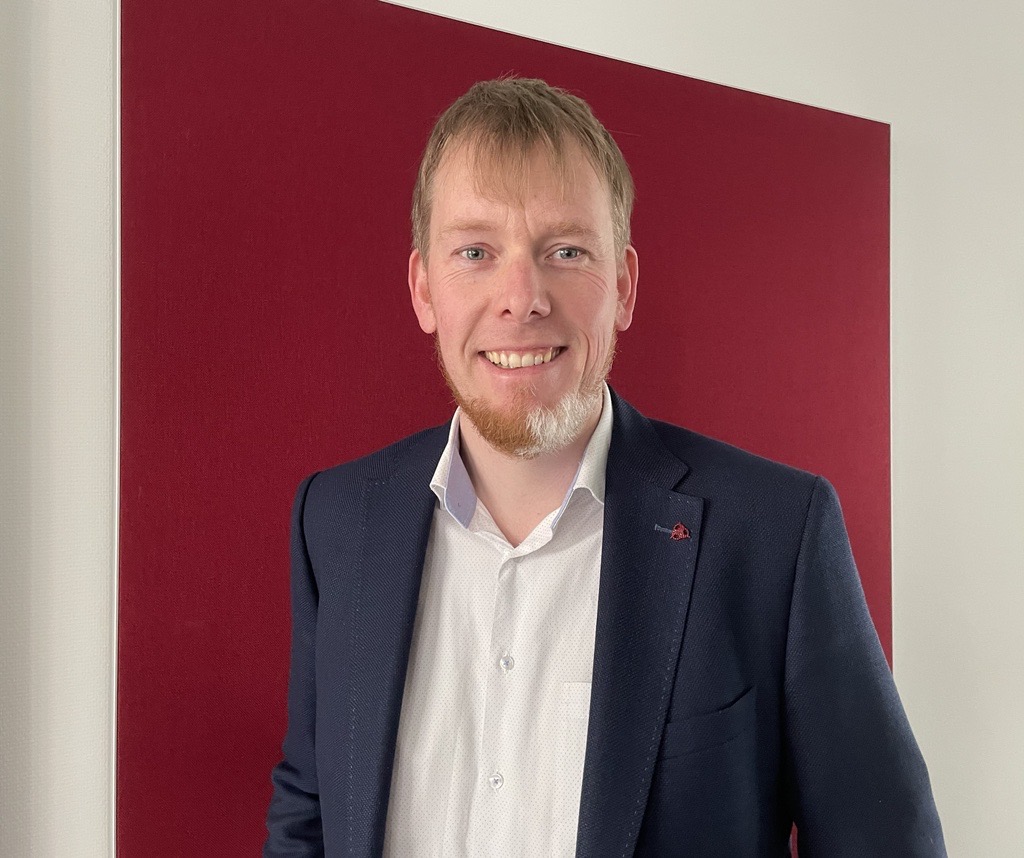
Personal assessment and experiences of Klaas
In the VWGIS Hybrid Work series, colleagues report on their experiences of hybrid working and provide insights into their day-to-day work.
We asked Klaas, Head of Electronic Development 2, what he thinks of the VWGIS' hybrid work model and what his experiences have been.
Klaas, we would like to know from you what a typical working day looks like in your office in Brunswick?
"I don't really have a typical working day. I focus my days on site on meetings with colleagues or organising topics at the location. Of course, I also leave room for the one or other spontaneous exchange in the coffee kitchen or in the corridor. In my view, that's the big advantage of working on site in the office."
As a site manager, what advantages do you derive from VWGIS' hybrid work model?
"By introducing the hybrid work model, we were able to shift the focus at the location from traditional office space to collaboration areas. This enables us to implement other utilisation concepts and hold events without having to rent external space. A good example of this is our internal developer conference "Developer Day", which has repeatedly taken place in our collaboration space with more than 50 participants. Thanks to our central location and the space available, the location is also ideal for departmental workshops or PI planning sessions. We were able to realise these possibilities through the introduction of flex spaces, whereby existing areas were repurposed. We also managed to rent out space in order to save costs."
Are there any disadvantages to the model or challenges you face for you as a site manager?
"Of course, change does not only bring advantages. Due to the switch to a hybrid presence model, the location is unfortunately still not well attended on some days. I would like to see greater utilisation here. In addition to the basic question of capacity utilisation, there are always issues that need to be clarified despite the low attendance: who accepts parcels and deliveries, who regularly empties the letterbox or who checks whether there is enough coffee or water on site.
I would like to take this opportunity to thank my colleagues who are regularly on site and provide support in these areas. The advantages of our well-equipped locations are obvious and I would be happy if they were utilised more by our teams."
What constitutes a good work-life balance for you? Has the possibility of hybrid working changed your work-life balance, and if so, how?
"With the changes of recent years, we have seen a new dynamic in the workplace, where the frequency of appointments has increased in many areas. Every appointment is often just a click away. The possibility of mobile working means that it is more important than ever to ensure that leisure time and work do not merge. However, it also offers many opportunities to make daily work more flexible. Thanks to our very broad working time corridor, private activities can be easily reconciled with work. This makes it possible for me to do sports outside even in winter or play with my daughter in the playground. To summarise, hybrid working offers me many opportunities to better combine my private life with my working life. However, this "more" opportunities also require more personal responsibility for balancing all needs. For me, there is a good work-life balance if, on the one hand, there is this balance and, on the other hand, you look forward to going back to work after a great weekend."
How do you envision the workplace of the future?
"I don't think there will be one workplace of the future. Rather, different types of jobs are needed for different needs. There will continue to be employees who would like to spend the majority of their working hours in the office. For these employees, it will be necessary to provide appropriate office space that makes this possible. Other employees, on the other hand, will primarily want to come to the office to get in touch with colleagues and work collaboratively on topics. Space must also be available for this type of collaboration. What all types of workplaces have in common is the technical equipment that hybrid work must enable."
Thank you, Klaas, for your openness and feedback on the VWGIS hybrid work model!